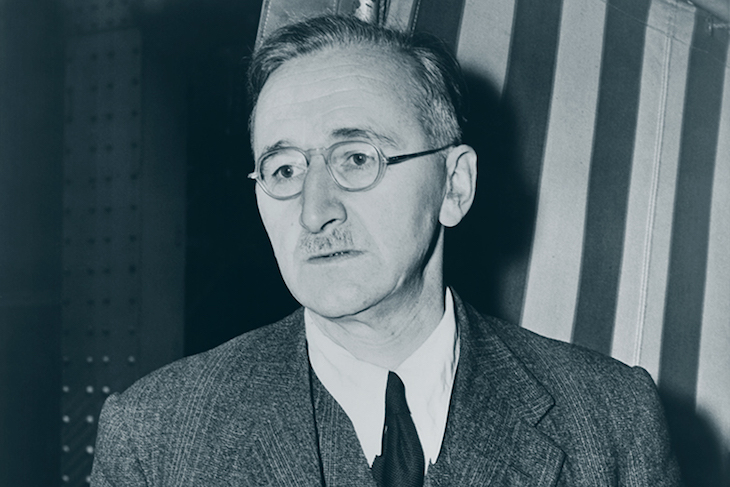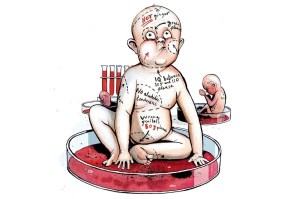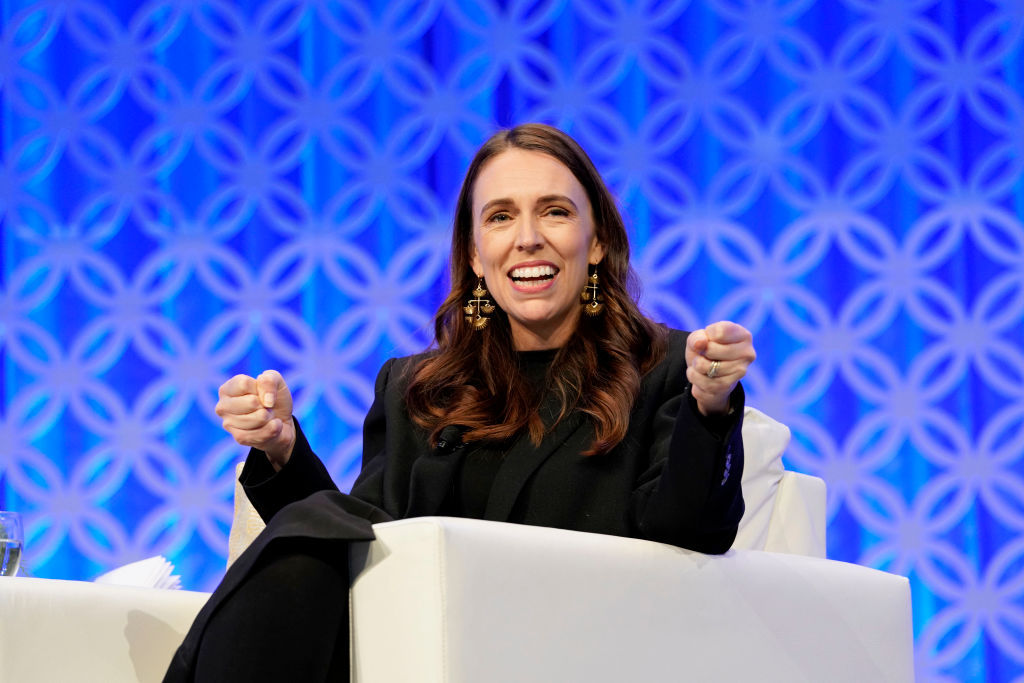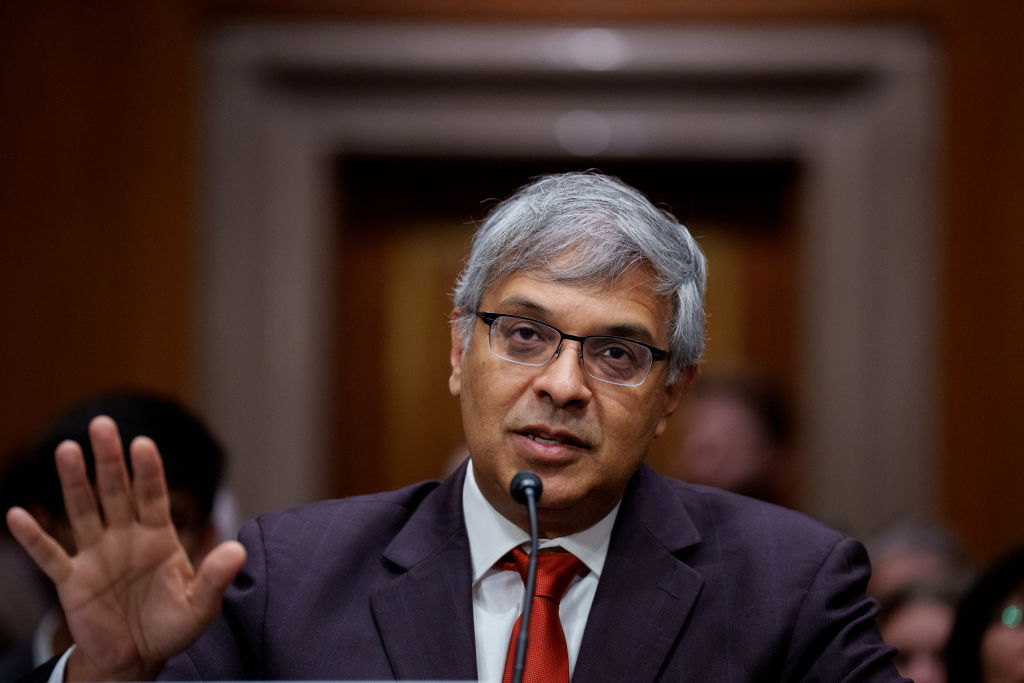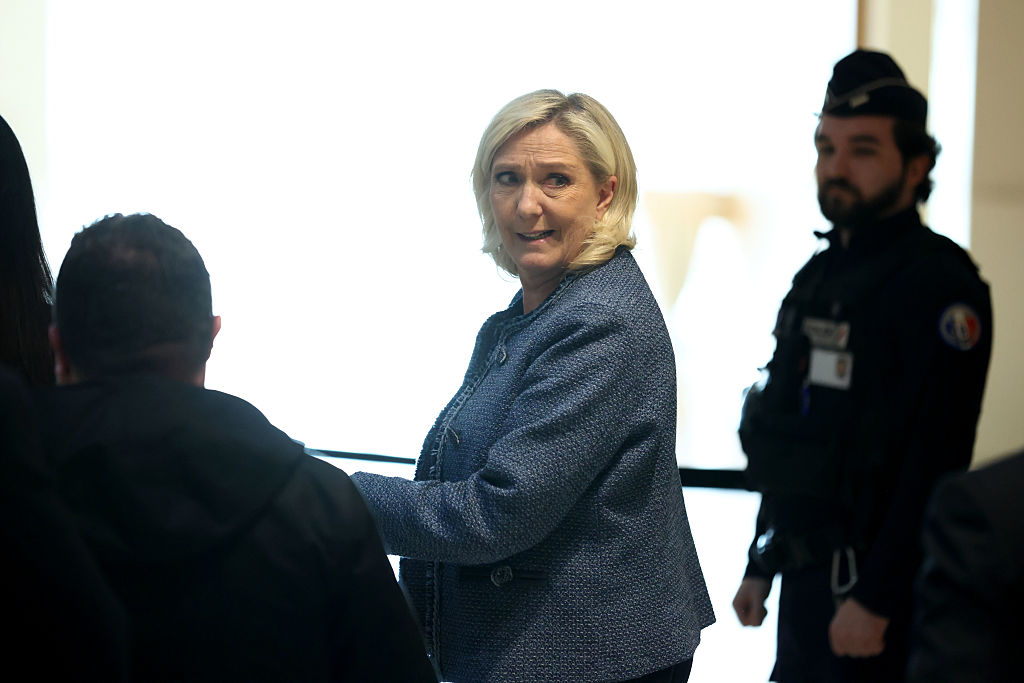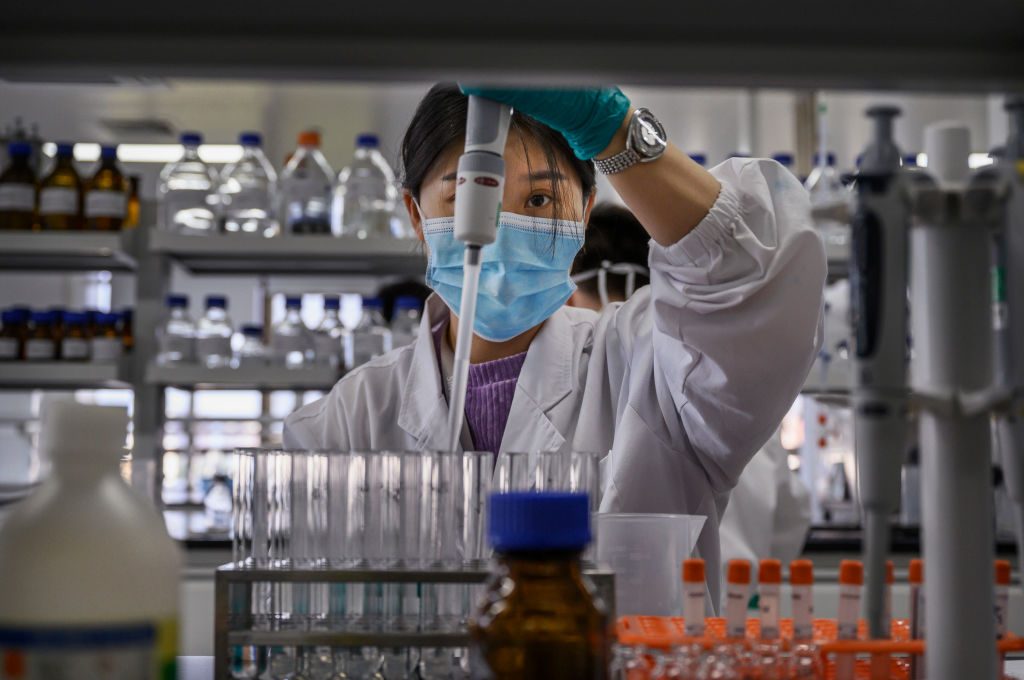Friedrich Hayek’s The Road to Serfdom is famed as one of the most effective takedowns of the socialist planned economy. Although published in 1944, Hayek’s arguments have never been more relevant as citizens around the world forfeit their freedoms in exchange for security in the face of the COVID-19 pandemic.
Hayek’s book, contrary to popular opinion, was addressed to the people of Britain rather than the socialist Soviet Union. Hayek worried the Brits would fall victim to a continued expansion of the strong federal powers enacted by the British government to fight World War Two, and hoped to wean them off their addiction to government control. He would be horrified if he knew that The Road to Serfdom is a much better diagnosis of the current condition of Western societies than anything that happened under the post-war governments of Clement Attlee or Harold Wilson.
While the situation varies across the Anglosphere, in all of its countries, from Australia to Britain, the relationship between the individual and the state has fundamentally transformed — and these conditions will likely outlive the pandemic. Sydney remains under a draconian lockdown, as does New Zealand after the discovery of just one case of the coronavirus. The British and Canadian governments intend to make freedom conditional on state-issued vaccine passports, while President Joe Biden, fresh from his Afghanistan debacle, recently called on parents to mask up their children when they leave the house.
These measures can easily be relaxed or intensified by government officials at a moment’s notice. But while restrictions can be tweaked, few in power have renounced the overarching authority they represent. In this sense, they are symbols of an abiding new normal, which, before 2020, was utterly unthinkable in free societies.
Hayek’s defense of liberty was driven by more than a moral revulsion to state force. He also argued that letting individuals take personal responsibility for their lives makes greater practical sense. Hayek’s ingenious arguments against a centrally run economy, therefore, are equally devastating to the idea of a centrally run biosecurity state.
Hayek’s target was socialism, but his points about government inefficiency can be applied to all attempts to micromanage people’s lives:
‘There would be no difficulty about efficient control or planning were conditions so simple that a single person or board could effectively survey all the relevant facts. It is only as the factors which have to be taken into account become so numerous that it is impossible to gain a synoptic view of them, that decentralization becomes imperative.’
Given such complexity, individuals must be ‘free to adjust their activities to the facts which only they can know.’
Hayek’s logic works just as well under the complex conditions of a pandemic. With regard to COVID-19, the facts and circumstances vary so widely from person to person that a one-size-fits-all policy devised by autocratic health officials is hopelessly impractical. There will be some who have had the virus, others who have not; some with pre-existing conditions, others who are relatively healthy; some who are old and therefore fear infection, others who being younger, fancy their chances.
Individuals are far better qualified than even the most credentialed public health official to make judgements according to their own varied circumstances – something that no top-down legal dictate can fully assess. Hayek’s logic only fails when particularly high infection rates risk putting collective health in jeopardy — an externality which in any case is not omnipresent, but exists only for a limited period during major epidemic spikes.
Hayek also understood that such temporary measures, implemented for a limited purpose, rarely remain that way. In Law, Legislation and Liberty, Hayek accepted that sometimes the liberal order ‘may yet have to be temporarily suspended when the long-run preservation of that order is itself threatened.’ During such emergencies, be it a war on germs or Germans, protecting civil society itself becomes the ‘overruling common purpose’.
But when defined vaguely enough, that ‘overruling common purpose’ can be invoked to continue denying liberty even after the initial threat has waned or passed. As Hayek wrote, ‘”Emergencies” have always been the pretext on which the safeguards of individual liberty have been eroded — and once they are suspended it is not difficult for anyone who has assumed emergency powers to see to it that the emergency will persist.’
If anything, it is harder for governments to relinquish such powers. Once people get attached to the idea of a benevolent, all-caring state, it appears compassionless to return to normal. COVID restrictions were initially put in place to ‘slow the spread’ so that hospitals would not be overwhelmed with patients. Now, public health officials use them for a myriad of different purposes: to minimize ‘long COVID’ or to prevent cases entirely.
Vaccines, too, have gone from being our way out of the nightmare to supplying yet more pretexts to expand the biosecurity state. It is argued that a vaccine-dodging variant could jeopardize our progress towards herd immunity. Therefore, reserve powers to control social activity must remain to reduce the chances of such a mutation. It is also argued that the arrival of effective vaccines necessitates special passports which would make our liberties part of a parole agreement with state-defined terms and conditions. Under the logic of both arguments, these measures cannot be revoked until COVID-19 and its attendant risks are eliminated altogether.
The Chinese regime of ‘responsive authoritarianism’ forces the state to take absolute responsibility for everything, including personal health. It is no wonder, then, that China resorted to severe, indefinite lockdowns to fight COVID-19. The CCP has no notion of the responsible person, only the obedient subject. The remarkable thing is that free Western societies rushed to imitate the Chinese model — not, as first advertised, to ‘flatten the curve’ for three weeks, but in the service of goals that are constantly redefined. It has been forgotten or ignored that emergency powers exist for two reasons: to address an existential crisis and to expire once that highly specific goal has been achieved.
Personal health is a wonderful thing. But building a new biosecurity state on the ruins of freedom to achieve it destroys everything that makes health such a blessing in the first place.



